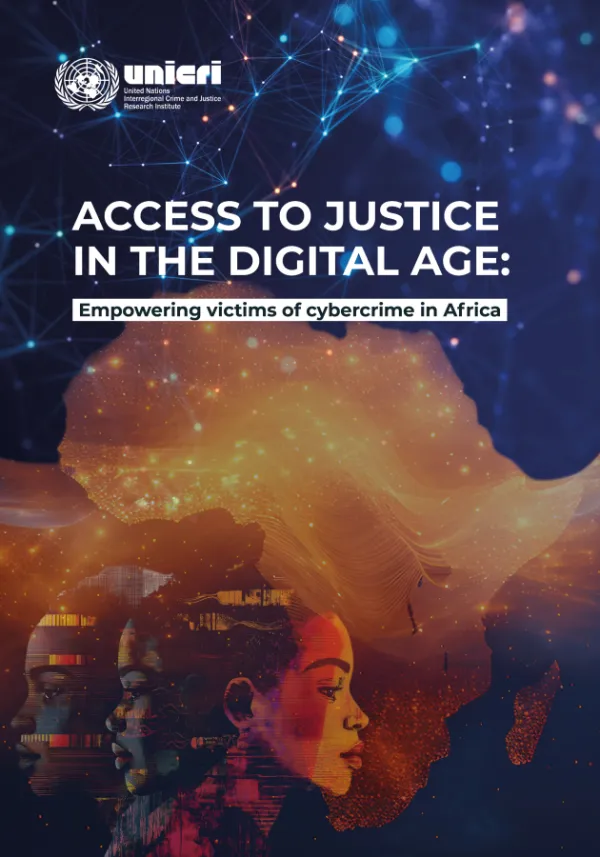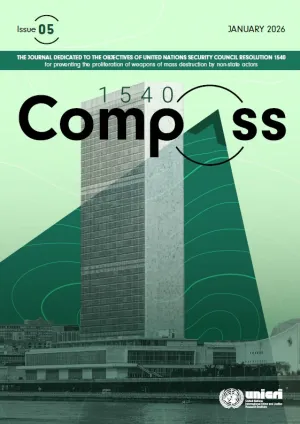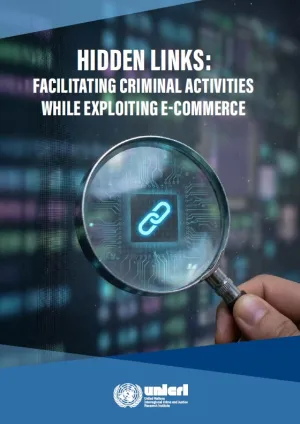Africa’s digital transformation is progressing rapidly, unlocking remarkable socio-economic opportunities across the continent. However, this transformation is also giving rise to a growing array of cyberthreats, with women and girls disproportionately affected. As internet penetration deepens, the gap between technological progress and legal safeguards is becoming more pronounced, exposing critical vulnerabilities in existing protection mechanisms.
This new report explores how cybercrime is impacting access to justice in four African countries (Namibia, Sierra Leone, South Africa and Uganda) and offers a broader perspective on challenges and responses across the continent. It highlights the pressing need for national and regional responses that are inclusive, coordinated and evidence-based.
While digital technologies are enabling development and the realisation of rights, they also expose individuals to cyberstalking, online harassment, cyberbullying and other online harms. Fragmented legal frameworks, underreporting, low digital literacy, and institutional capacity gaps continue to hinder justice for victims. Gender-based online abuse, in particular, often remains hidden due to stigma, fear of retaliation and a lack of trust in reporting systems.
Drawing on stakeholder interviews, legal analysis, and case studies, the report identifies systemic barriers and proposes actionable recommendations to support victims and improve cybercrime responses. Key findings include:
A lack of reliable cybercrime data and standardised reporting systems.
Persistent underreporting driven by stigma and limited knowledge of rights.
Gender-insensitive responses that leave women especially vulnerable.
Inconsistent and outdated legal frameworks that hinder enforcement.
Insufficient training and resources within law enforcement and judicial institutions.
The report recommends adopting gender-transformative approaches, enhancing regional and international cooperation, improving legislative harmonisation, and strengthening victim-centred mechanisms: from reporting tools to legal remedies. It calls for expanded digital literacy and awareness campaigns that empower all users, particularly those most at risk.
By offering a comprehensive and comparative analysis, this report aims to support African governments, regional organisations and justice actors in creating safer digital environments and more effective pathways to justice.



